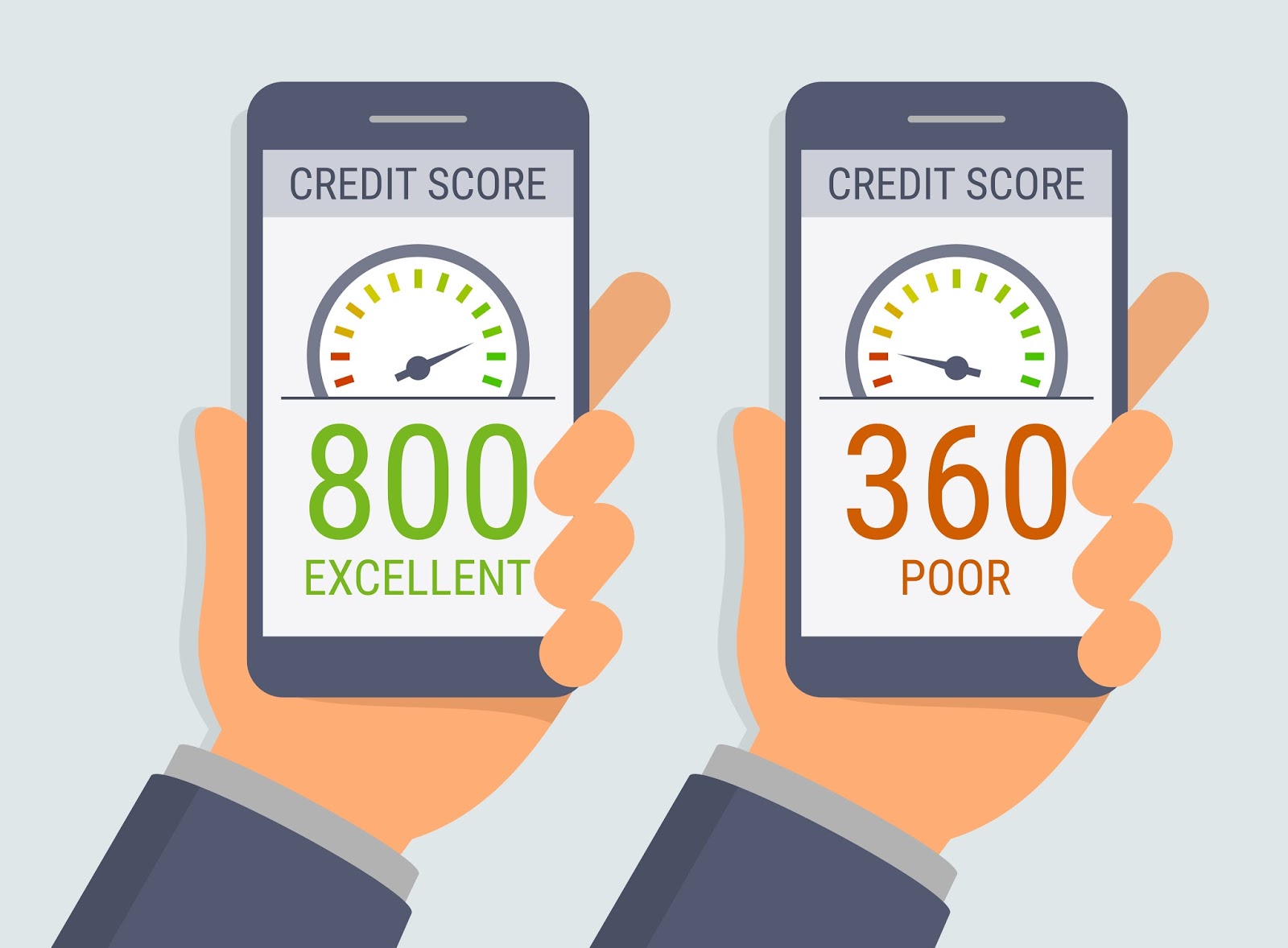Climate Risk: A New Factor In Getting A Home Loan? The Impact On Credit Scores

Table of Contents
Understanding Climate Risk in Lending
Climate risk, in the context of home loans, refers to the potential for financial loss due to climate-related events. This includes flooding, wildfires, extreme heat, hurricanes, and other weather-related disasters that can damage or destroy properties. Lenders are increasingly sophisticated in their assessment of climate risk, utilizing property location analysis and incorporating advanced climate change models into their decision-making processes. They are analyzing historical data, projected future climate scenarios, and even incorporating factors like proximity to vulnerable infrastructure.
- Examples of high-risk areas: Coastal communities prone to flooding, areas with a history of wildfires, and regions vulnerable to extreme heat or drought are facing increased scrutiny.
- Types of climate-related damage affecting loan eligibility: Significant damage from flooding, fire damage, or even the devaluation of a property due to its location in an increasingly high-risk area can impact your loan application.
- Government initiatives and regulations: Many governments are introducing regulations and disclosure requirements related to climate risk, impacting how lenders assess and manage these risks. This includes requiring lenders to disclose climate-related risks to potential borrowers.
How Climate Risk Impacts Your Home Loan Application
Securing a home loan in a high-risk area is becoming increasingly difficult. Lenders are now factoring climate risk into their lending decisions, leading to several potential consequences for borrowers. This means higher hurdles for those seeking financing in areas deemed vulnerable to climate-related events.
- Higher interest rates for properties in high-risk zones: Lenders may charge higher interest rates to compensate for the increased risk of default due to climate-related damage. This directly impacts the affordability and overall cost of your mortgage.
- Increased requirements for down payments: To mitigate risk, lenders might require larger down payments from borrowers in high-risk areas. This can make homeownership less accessible for many.
- Potential denial of loan applications due to climate risk: In extreme cases, loan applications for properties in areas deemed too risky may be outright denied, regardless of the borrower's credit history.
The Indirect Impact on Credit Scores
The impact of climate risk on your home loan application can have significant, indirect consequences for your credit score. These effects can ripple outwards, affecting your financial health and long-term creditworthiness.
- Late payments due to financial strain from climate-related events: If a climate-related event damages your property and creates unexpected financial hardship, you may struggle to make timely mortgage payments, negatively impacting your credit score.
- Impact of mortgage default on credit scores: In severe cases, climate-related damage can lead to mortgage default, causing a drastic drop in your credit score and making it extremely difficult to obtain future credit.
- Difficulty in obtaining future loans with a damaged credit score: A damaged credit score due to climate-related financial hardship can have long-term consequences, limiting your access to credit for years to come.
Protecting Yourself from Climate Risk When Applying for a Home Loan
Taking proactive steps to understand and mitigate climate risk is crucial when applying for a home loan. By understanding your risks and taking appropriate precautions, you can safeguard your credit score and financial future.
- Tips for finding properties in low-risk areas: Thoroughly research the property's location and its vulnerability to climate change. Utilize online tools and resources to assess flood risk, wildfire risk, and other potential threats.
- Importance of securing appropriate insurance coverage: Invest in comprehensive insurance coverage, including flood insurance and other relevant policies, to protect yourself from financial losses due to climate-related events.
- Strategies for improving home resilience to climate-related events: Consider making home improvements to enhance its resilience to climate-related events, such as installing flood barriers or fire-resistant roofing.
Conclusion
Climate risk is increasingly influencing home loan approvals, impacting interest rates and potentially damaging credit scores. Understanding how climate change might affect your financial situation and creditworthiness is crucial. Don't let climate risk catch you off guard. Understand the implications of climate risk and home loans before you apply. Research thoroughly and take steps to protect your credit score and financial future. Proactive planning and careful consideration of climate risk are essential for securing a home loan and maintaining a healthy credit history.

Featured Posts
-
 Endgueltige Bauform Entscheidungen Der Architektin Am Bau
May 20, 2025
Endgueltige Bauform Entscheidungen Der Architektin Am Bau
May 20, 2025 -
 Atkinsrealis Droit Solutions Pour Vos Besoins Juridiques
May 20, 2025
Atkinsrealis Droit Solutions Pour Vos Besoins Juridiques
May 20, 2025 -
 Imola Gp Ferrari Speaks Out On Charles Leclercs Situation
May 20, 2025
Imola Gp Ferrari Speaks Out On Charles Leclercs Situation
May 20, 2025 -
 Ferraris Dilemma Prioritizing Hamilton Could Alienate Leclerc
May 20, 2025
Ferraris Dilemma Prioritizing Hamilton Could Alienate Leclerc
May 20, 2025 -
 Typhon Missile System Us Army Prepares Second Pacific Deployment
May 20, 2025
Typhon Missile System Us Army Prepares Second Pacific Deployment
May 20, 2025
